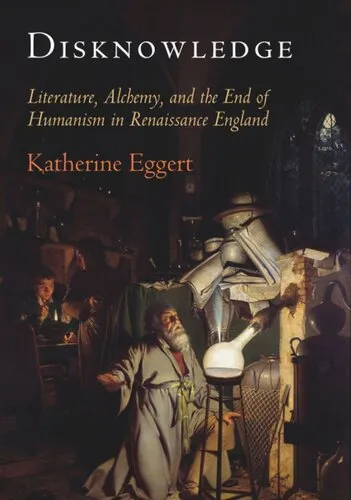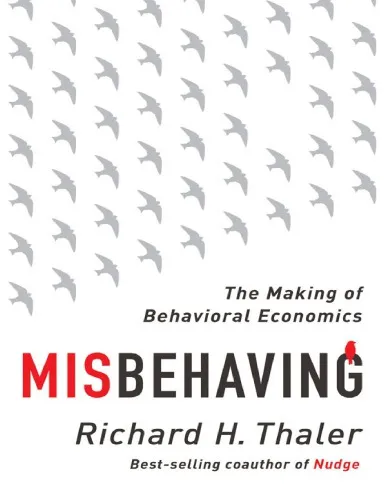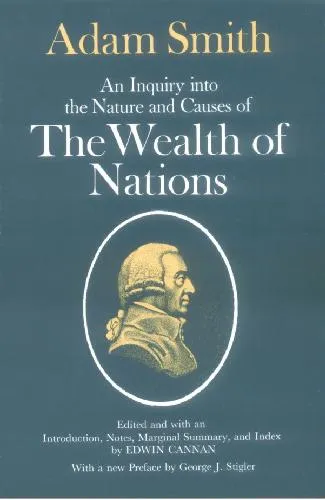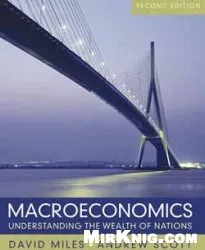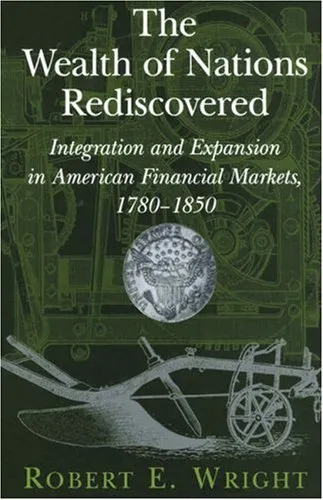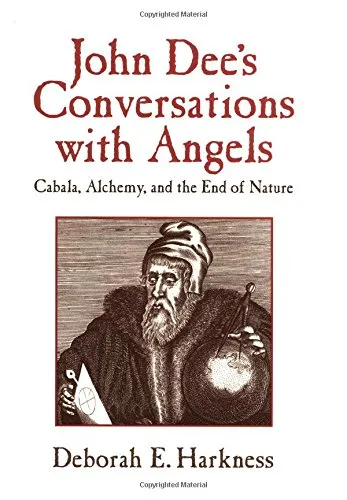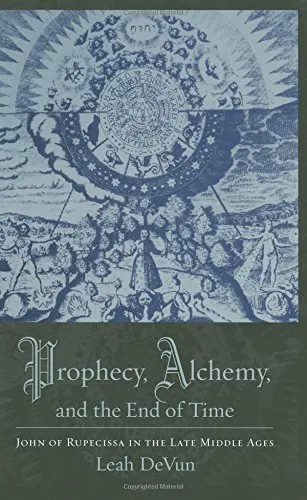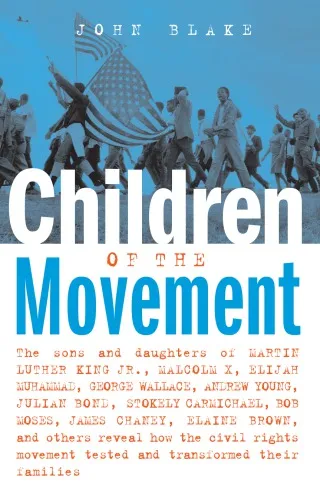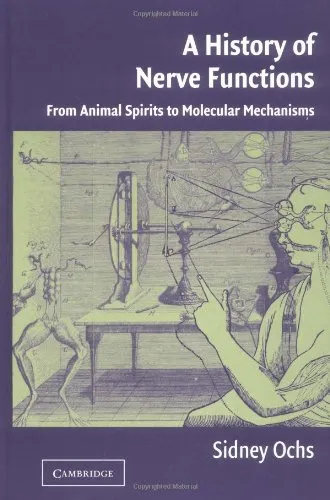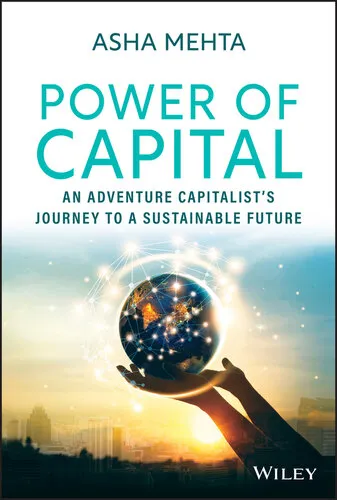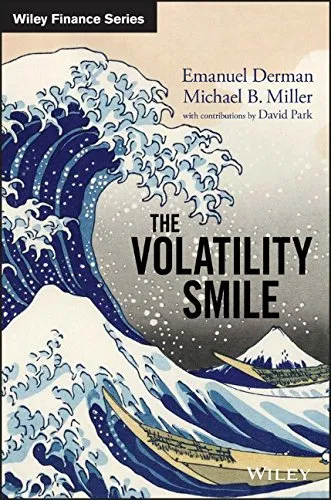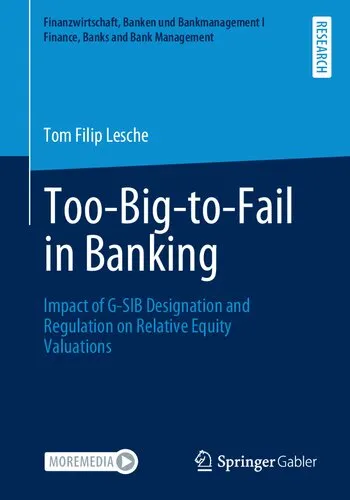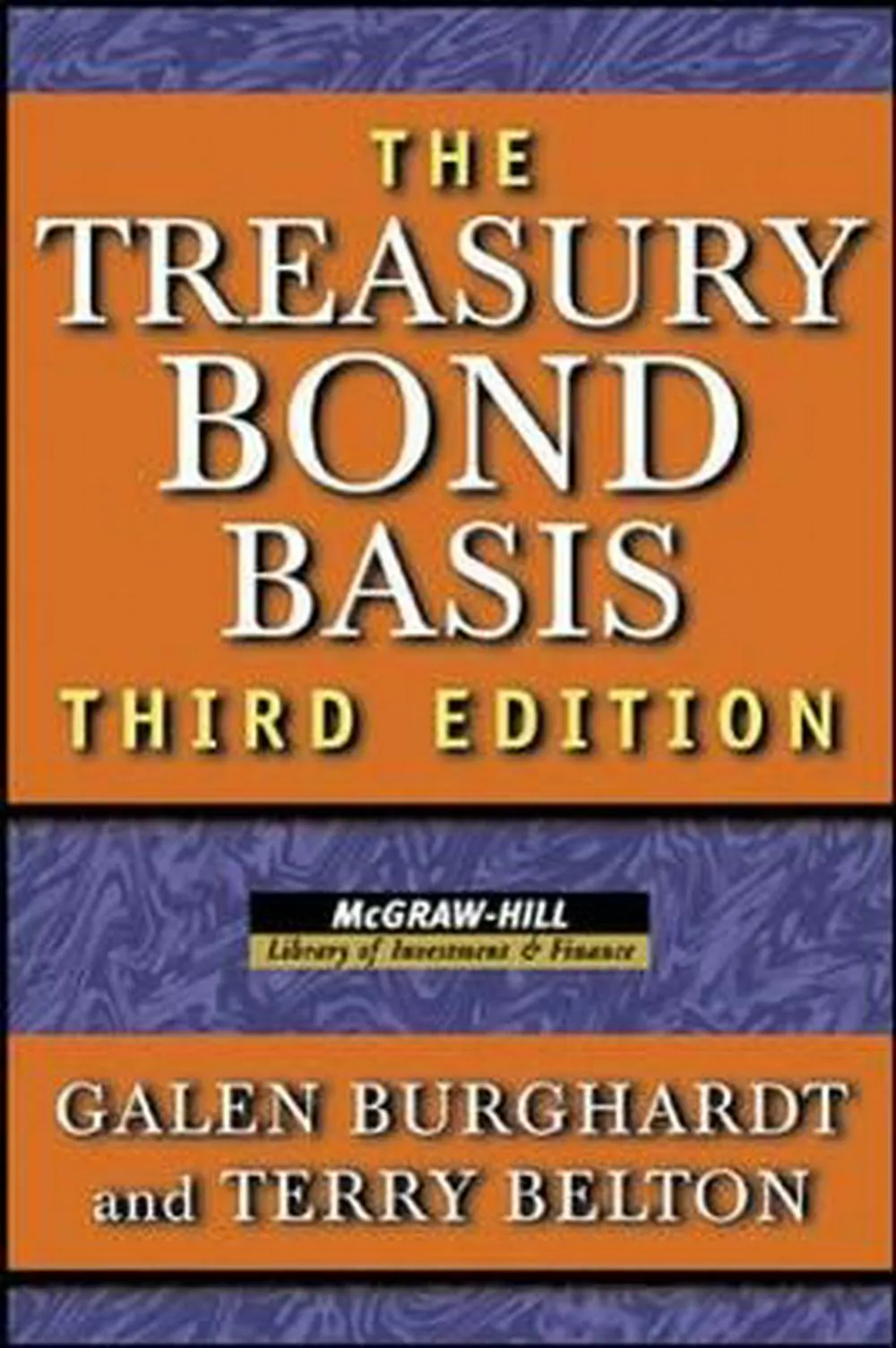Disknowledge: Literature, Alchemy, and the End of Humanism in Renaissance England
4.5
بر اساس نظر کاربران

شما میتونید سوالاتتون در باره کتاب رو از هوش مصنوعیش بعد از ورود بپرسید
هر دانلود یا پرسش از هوش مصنوعی 2 امتیاز لازم دارد، برای بدست آوردن امتیاز رایگان، به صفحه ی راهنمای امتیازات سر بزنید و یک سری کار ارزشمند انجام بدینکتاب های مرتبط:
معرفی کتاب 'Disknowledge: Literature, Alchemy, and the End of Humanism in Renaissance England'
کتاب 'Disknowledge' اثر کاترین اگر به بررسی نقش ادبیات، کیمیاگری و پایان انسانگرایی در دورهٔ رنسانس در انگلستان میپردازد. این کتاب بخشی از تاریخ فرهنگی است که به تحلیل تغییرات بنیادین در دانش و علم میپردازد و به دنبال پاسخ به این پرسش است که چگونه این تغییرات بر ادبیات و فرآیندهای فکری اثر گذاشتهاند.
خلاصهٔ تفصیلی کتاب
این کتاب در اصل به بررسی سه محور عمده میپردازد: اثرات نقادانهٔ ادبیات در صورتبندی دوبارهٔ دانش، نقش کیمیاگری بهعنوان نمایندهٔ سرکوبهای فکری، و وضعیت پایان انسانگرایی. کاترین اگر با بهرهگیری از منابع گسترده و تحلیل آثار برجستهٔ دورهٔ رنسانس، نشان میدهد که چگونه نویسندگان این دوره با چالشهایی در دانش و علم روبهرو بودند. آنان با بهکارگیری تکنیکهای خاص ادبی، این عدمدانش (یا disknowledge) را به صورتی انتقادی مورد بررسی قرار دادند و سعی داشتند به طرق نوآورانه و گامهای جدیدی برای تفکر انسانی دست یابند.
نکات کلیدی
- ادبیات و کیمیاگری هر دو بهعنوان ابزارهایی برای چالش دانش موجود و ایجاد تحول فکری عمل کردند.
- Disknowledge نشانگر یک بحران فکری در دورهٔ رنسانس است که منجر به پایان یافتن مفاهیم سنتی انسانگرایی شد.
- نویسندگان دورهٔ رنسانس از روشهای نویی برای تجدید ساختار دانش و علم استفاده کردند که تأثیرات آن تا به امروز ماندگار است.
نقلقولهای معروف از کتاب
“ادبیات نه صرفاً بهعنوان وسیلهای برای تفریح و آموزش، بلکه بهعنوان آزمایشگاهی برای تحلیل و بررسی حقیقت عمل میکند.”
“کیمیاگری نماد جستوجوی بیپایان انسانی برای درک ناشناختهها و شکستن مرزهای واقعیت است.”
چرا این کتاب اهمیت دارد؟
کتاب 'Disknowledge' بهطور عمیقی به جنبههای ناشناختهٔ دورهٔ رنسانس میپردازد و نهتنها محققان بلکه هر خوانندهای که به تاریخ فرهنگ و ادبیات علاقهمند است، را به شکلی جدید به مطالعهی تاریخ دعوت میکند. این کتاب با ارائهٔ تحلیلی نوآورانه از گذرهای دانش و علم، نشان میدهد که چگونه نوشتههای دورهٔ رنسانس بهطور فعال به چالش کشیدن دانش مستقر و دستیابی به شناختهای نو کمک کردند.
Welcome to a thorough exploration of the intricate intersection of literature, alchemy, and humanism within the context of Renaissance England, as presented in Katherine Eggert's insightful work, Disknowledge: Literature, Alchemy, and the End of Humanism in Renaissance England. This book delves into the curious phenomenon of "disknowledge" – the strategic unknowing or denial of knowledge — and its pervasive role across various discourses during a period of profound intellectual upheaval.
Summary of the Book
In Disknowledge, Eggert challenges the conventional narratives that glorify the Renaissance as a period of unalloyed rational enlightenment and fusion of old and new learning. The book posits that a significant portion of Renaissance intellectual history was dominated by a skepticism towards both the recovery of classical knowledge and the novelty of emerging scientific inquiry. Specifically, Eggert introduces "disknowledge" as a concept that encapsulates the strategy of deliberately suspending or subverting established and emerging knowledge systems.
Focusing particularly on the interplay between literature and alchemy, Disknowledge provides a fascinating account of how Renaissance thinkers navigated an increasingly complex epistemological landscape. The book dissects how alchemical metaphors and paradigms permeated literary texts, revealing an intellectual zeitgeist defined as much by what it refused to acknowledge as by what it sought to understand.
Key Takeaways
- The Renaissance was not solely a process of accumulating and glorifying knowledge but also involved a critical engagement with ignorance that was both strategic and productive.
- Alchemy served as a pivotal epistemological tool during the Renaissance, bridging the gap between the mystical and the empirical, between known and unknown.
- Literature was an essential medium through which concepts of disknowledge were explored and expressed, highlighting the complex relationship between text, belief, and knowledge.
- The end of humanism witnessed not merely the triumph of scientific rationalism but a transformation in the way knowledge itself was conceptualized and contested.
Famous Quotes from the Book
“Disknowledge is not a simple absence of knowledge but a proactive choice to sideline or obscure certain kinds of understanding that do not fit the desired narrative or utility.”
“In that convergence of literature and alchemy, discourses were formed that were at once deeply skeptical and deeply generative of the new paradigms of knowing.”
Why This Book Matters
Eggert's Disknowledge contributes significantly to our understanding of Renaissance thought by highlighting the paradoxes and complexities inherent in historical shifts of epistemology. By centering the concept of disknowledge, Eggert not only challenges the linear narratives of intellectual progress but also enriches the discourse on how we understand metaphors of science and literature as intricate, transactional, and deeply intertwined.
This book is crucial for scholars of the Renaissance, those interested in the history of science, literature enthusiasts, and readers curious about how knowledge and its counterpart, ignorance, have been wielded throughout history. As a work that stimulates dialogue about the nature of knowing, Disknowledge possesses enduring relevance, especially in an era that continues to grapple with misinformation and the politicization of knowledge.
دانلود رایگان مستقیم
شما میتونید سوالاتتون در باره کتاب رو از هوش مصنوعیش بعد از ورود بپرسید
دسترسی به کتابها از طریق پلتفرمهای قانونی و کتابخانههای عمومی نه تنها از حقوق نویسندگان و ناشران حمایت میکند، بلکه به پایداری فرهنگ کتابخوانی نیز کمک میرساند. پیش از دانلود، لحظهای به بررسی این گزینهها فکر کنید.
این کتاب رو در پلتفرم های دیگه ببینید
WorldCat به شما کمک میکنه تا کتاب ها رو در کتابخانه های سراسر دنیا پیدا کنید
امتیازها، نظرات تخصصی و صحبت ها درباره کتاب را در Goodreads ببینید
کتابهای کمیاب یا دست دوم را در AbeBooks پیدا کنید و بخرید
1370
بازدید4.5
امتیاز0
نظر98%
رضایتنظرات:
4.5
بر اساس 0 نظر کاربران
Questions & Answers
Ask questions about this book or help others by answering
No questions yet. Be the first to ask!
